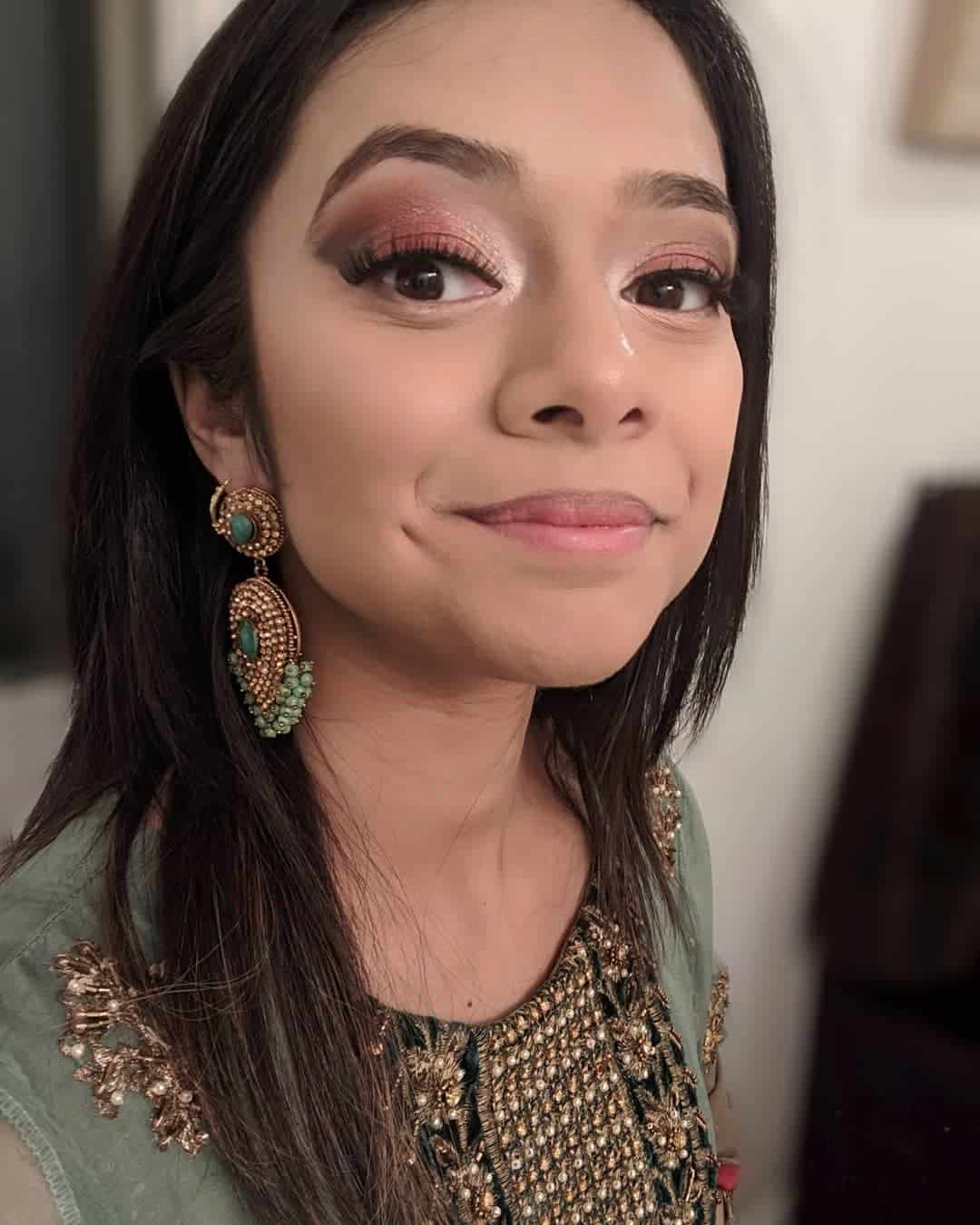Seventeen-year-old Marjan Ahmed recently received a scholarship from Tundra’s Launchpad Project, which connects young women in STEM with experienced industry mentors. The recent grad is looking toward building her career in tech; she’s getting her start this fall at Ryerson’s computer science program.
We chatted with her this week about what a typical day looks like for her, the challenges she’s faced, and what she’s most excited for as she sets out on the road ahead.
SDTC: What drew you to tech; specifically, computer science?
MA: What initially drew me to computer tech was my first computer science course in high school that opened my eyes to many different jobs in the industry. I was most fascinated by the endless opportunities and the potential in computer tech, and I felt that there was a lot of freedom to explore what I liked. I am by far most interested in Artificial Intelligence again due to the immense potential of the industry.
What does a typical day look like for you?
A typical day in my life at the moment is pretty relaxed. I wake up usually around 10 a.m., eat breakfast (usually Nutella), have tea and biscuits, sweep and clean around the house, hang out with my mom or brother for a couple hours (we have a really close relationship). I’ll text my friends, watch Korean dramas, read a book or articles (at the moment I’m reading a book called King of Fools, and I often read articles about Artificial Intelligence, black holes, and Canadian news). Sometimes my friends will come over and we hang out. I eat again—usually around 6 p.m. I’ll try and exercise to keep a bit active (I like to jump rope), or I’ll go on a walk with my mom or my friends. Most days consist of simple tasks like these. I usually get pretty hungry again at night and go hunting for a snack in the kitchen. I stay up around 1 a.m., usually watching YouTube videos or scrolling Instagram.
My typical day in the summer is just relaxing and not doing much. I had worked a part-time job since the summer of Grade 9, so each of my summers were really busy and hectic because I would work a lot. Earlier this year around April, I quit because I felt like I wanted to focus on better things and relax and give myself some peace.
What’s the biggest challenge you’ve faced so far in your life?
Moving. I lived in Scarborough from ages 3-12, then moved to Oshawa and started Grade 7. It was a very drastic change in lifestyle and all of the confidence I had built up was almost shattered when facing this new environment.
The biggest thing that threw me off was the lack of diversity. I had never felt “different” until I moved here; it was very difficult to handle. I would pretend to be sick so I could avoid going to school, and as a result I ended up missing a lot of school, though my grades didn’t suffer. I think I got through it with time. I really tried to re-establish my self-image and develop a good friend group. And as time went on, I slowly got used to it and tried to change my attitude.
I was extremely shy and scared all of Grade 7. I used to shake when giving presentations or when I had to speak to someone I didn’t really know. I slowly started to try and change my outlook and became a bit more relaxed. It took about two years to really come to terms with my environment and accept it.
What’s your plan for the rest of summer?
My plans are to finally get my G2, and I have signed up for a summer math course in August, just to brush up on my math skills before I start university.
What’s your motto at the moment?
“You do you.” I feel like there’s a lot of unnecessary stress when you start thinking about other people’s actions and behaviour. So, I think “you do you” is a good way of dismissing that tension and letting people do what they want.
Best advice you’ve received? Worst?
The best advice I’ve gotten was from my mom when she says, “Everything is temporary, so the sadness you feel won’t last forever; thus, don’t wallow in your pain.”
Worst advice: “Don’t apologize, because that shows weakness.” I think apologizing shows that you value your relationships more than your ego.
What does getting this scholarship from Tundra mean to you?
A lot. Initially, when I decided I wanted to go into Computer Science I was afraid that I wasn’t good enough or smart enough—despite my grades being good. I felt like perhaps this industry wasn’t for me. This award gave me the confidence that I needed and made me feel like I made the right choice. It reassured me that I am smart enough to pursue an education in this field and potentially be part of the changes I wish to see in the future. It gave me a confidence boost and further ignited my passion in the industry, and I’m incredibly grateful for all of the people I’ve met along the way and the opportunities I’ve encountered such as this one. It really is due to this award that I was able to get this much exposure and get different opportunities.



 Follow Us On Instagram
Follow Us On Instagram
